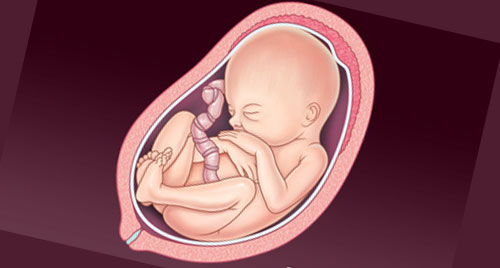- Clinic:
- 0733 945 717
- 0739 434 212

When menopause comes early
March 26, 2025
Trying to conceive whilst older can be an uphill task
April 7, 2025One baby at a time?

Most people have heard of mothers who have successfully had multiple pregnancies (twins or more babies). The media often carries articles on such families, and the story is usually one of joy, rather than heartache. Unfortunately, this rosy picture hides the reality for couples who suffer complications associated with multiple pregnancies.
The chances of spontaneous multiple pregnancies are low, but are increased in some families and older women. However with fertility treatment, multiple pregnancies are around 20 times more common. The associated maternal and newborn risks demand strategies to minimize multiple pregnancies.
Maternal risks can be mild or life-threatening. There is a higher risk of miscarriages, and other pregnancy associated complications are increased. These include higher chances of pregnancy-induced hypertension and pre-eclampsia, increased risk of gestational diabetes, increased risk of anemia etc. There is a higher chance of being admitted to hospital, and undergoing interventions like Cesarean Sections. Ultimately, there is more risk of death in women carrying multiple pregnancies compared to those with a single pregnancy, but this is a rare event.
The unborn babies, and even after birth, are not spared either. The biggest risk is being born too early. Nearly half of all twins are born prematurely, before 37 weeks, and have low birth weights. This confers risks that include breathing problems, feeding difficulties, infections etc. Such problems often require admissions to Newborn Intensive Care Units for weeks or months, adding up to high medical bills. In the medium term, newborns from multiple pregnancies have a higher risk of death in the first year of life. In the longer term, they have more risks of on-going disabilities, Cerebral Palsy, lower IQ and Attention Deficit Disorders.
Multiple pregnancies also have a huge psycho-social impact. Although raising twins or triplets can be a joyful experience, the effects on emotional and financial resources are often overlooked. These affect life with twins not just as babies but as they get older as well. There is a huge challenge in treating each child as an individual. Such parents often suffer more stress, fatigue and depression compared to parents with single babies. The financial side can be crippling, with more being spent on nappies, wipes, food and clothing. Parents often have difficulties meeting basic material needs.

